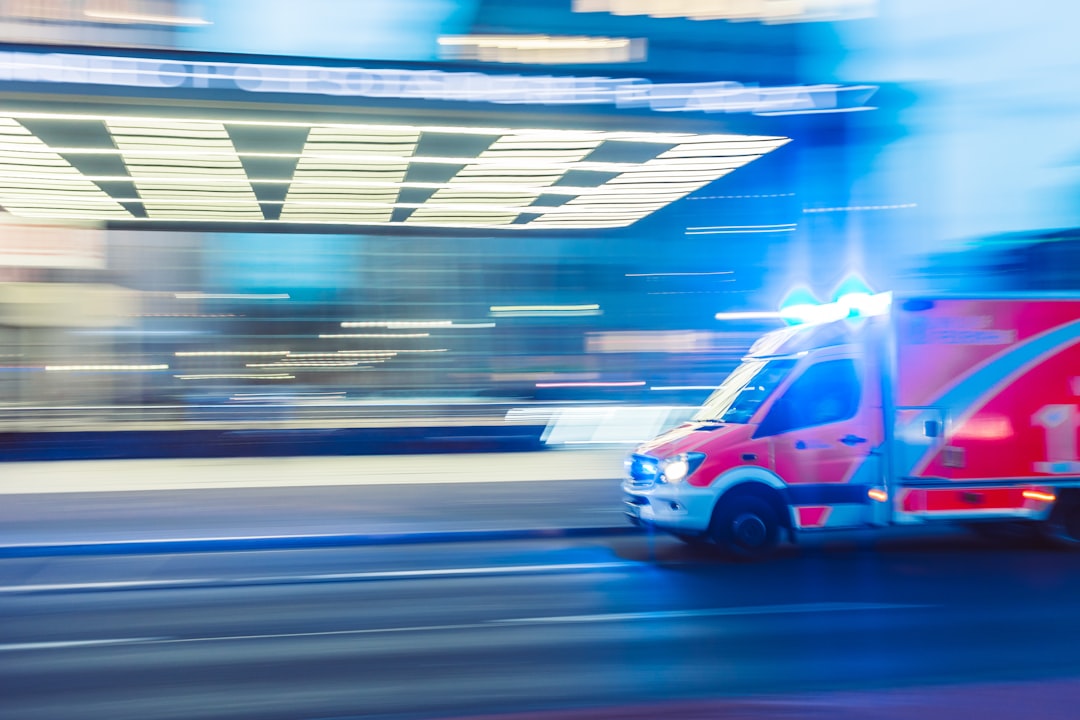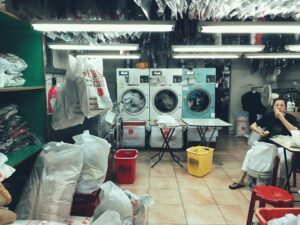What if the power went out right now and didn't come back on for three days?

That thought used to fill me with a special kind of dread. Not because I’m a doomsday prepper but because I know what it feels like when life spins out of control. For years my life was chaos. I was overweight stuck in cycles of binge eating and wasting my days on things that didn't matter. Getting my life in order wasn't just about losing 110 pounds or building better habits. It was about taking control and bringing peace to the chaos inside me.
Emergency preparedness is the exact same idea just on a bigger scale. It’s not about fear. It’s about taking simple practical steps to bring order to potential chaos so you can have peace of mind no matter what happens. You don't need a bunker or a warehouse of supplies. You just need a little bit of planning.
Here are 25 simple hacks to get you started.
The Foundation: Start with the Basics
This is your starting line. Don’t get overwhelmed. Just focus on getting these few things in place. Think of it as a small win that builds momentum.
- Water is Life. The rule of thumb is one gallon of water per person per day. A 3-day supply is a great start. You can buy gallon jugs or simply fill sturdy containers you already have.
- Can You Eat? Stock a few days' worth of non-perishable food. Think canned soup tuna peanut butter and protein bars. Things you don't need to cook are best.
- The Humble Can Opener. All that canned food is useless if you can't open it. Get a simple manual can opener and tape it to one of your canned goods.
- Let There Be Light. Power outages are common. Keep a few flashlights with extra batteries in an easy-to-find spot. Headlamps are even better because they keep your hands free.
- First-Aid First. You probably have a first-aid kit. Take a look inside. Restock any used items and add a week’s supply of any personal medications you need.
- A Simple Whistle. If you ever get trapped or need to signal for help a whistle is much louder and uses less energy than yelling.
- Cash is King. When the power is out credit card machines don't work. Keep a small amount of cash in small bills hidden away.
- Breathe Easier. A simple dust mask can be a lifesaver in a dusty or smoky environment. They are cheap and take up almost no space.
Clever Hacks Using Everyday Items
You don’t need to buy a ton of expensive gear. You probably own most of what you need already. It’s all about seeing ordinary items in a new way.
- Crayon Candle. A single crayon can burn for about 30 minutes. It’s not bright but it’s a simple source of light and a little warmth.
- DIY Fire Starters. Take a cotton ball and rub some petroleum jelly (like Vaseline) into it. It will light easily and burn for several minutes making it a perfect fire starter.
- Duct Tape Fixes Everything. This isn't just a joke. You can use duct tape to patch a tent repair a shoe create a makeshift splint or even make a cup. Wrap some around your water bottle or a lighter to save space.
- Trash Bag Poncho. A large heavy-duty trash bag can be an excellent raincoat. Just tear a hole for your head. It can also be used as a ground cover or a makeshift shelter.
- Dryer Lint Tinder. Save your dryer lint in a small baggie. It’s incredibly flammable and makes a fantastic fire starter.
- Fill the Tub. If you know a storm is coming or you suspect the water might get shut off fill your bathtub. This gives you a large supply of water for flushing toilets and general cleaning.
Skills are Lighter Than Gear
The most valuable preps are the ones you carry in your head. They don't weigh anything and you can’t lose them.
- Know Your Shut-Offs. Do you know where the main water and gas shut-offs are for your home? Take five minutes to find them and learn how to turn them off. This can prevent a disaster.
- The Out-of-State Contact. In a local emergency it’s often easier to make a long-distance call than a local one. Choose a friend or relative who lives in another state to be your family’s single point of contact.
- Secure Your Documents. Keep copies of your important documents like birth certificates passports and insurance policies in a waterproof bag. Better yet scan them and save them to a secure cloud service.
- Get a Physical Map. Your phone’s GPS is great until the battery dies or the network is down. A simple paper map of your town and state is a reliable backup.
The Ultimate Preparedness: A Grounded Spirit
All the gear in the world can’t help you if you panic. True resilience comes from a place of peace and trust.
When I was at my lowest struggling with habits that were hurting me I learned a powerful lesson. Self-reliance only gets you so far. My true turning point came when I stopped trying to fix everything myself and strengthened my relationship with God. I learned to find my peace not in my own abilities but in His strength.
In a crisis this is the most important prep of all.
- Know Your Neighbors. Your neighbors are your immediate community. Introduce yourself. You don’t have to be best friends but knowing who they are and having a friendly relationship means you can help each other out.
- Have a Family Plan. Talk to your family. Where will you meet if you get separated? Who is the out-of-state contact? A simple conversation can prevent a lot of fear and confusion.
- Ground Yourself in Faith. For me this is everything. When things feel chaotic prayer is my anchor. Trusting that God is in control even when life feels out of control is the ultimate source of peace. This isn't about ignoring the problem. It’s about facing it with a strength that isn’t your own.
Preparedness isn't a one-and-done project. It’s an ongoing practice of being a good steward of what you’ve been given. It’s about taking small simple steps to protect yourself and your loved ones.
So here’s my challenge to you. Don't try to do all 25 things today. Just pick one.
What is the one small step you can take right now to bring a little more order to potential chaos?





